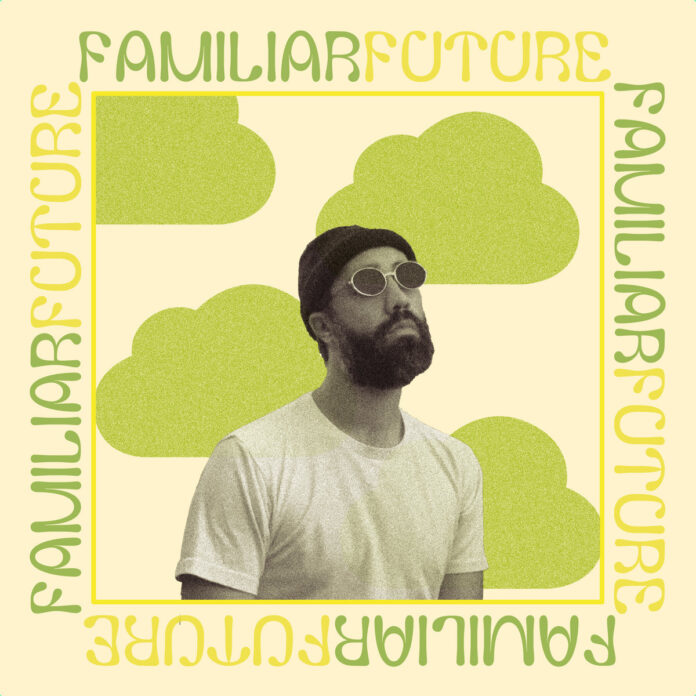People often get stuck on stupid, missing important details. What makes luminaries such as Pharaoh Sanders, Alice Coltrane, Sun Ra, and Albert Ayler—you know, that wing of philosophers—so important? They presented a sonic future in the late 1950s and ’60s that created a haven for African Americans, a shelter from an ugly ‘Merica, freedom created for and by themselves. Theirs is a tradition that extends toward the great undefined, hopefully inspiring future generations. They set an aesthetic that encouraged us to keep reaching joyfully, searching but never truly achieving nirvana. Several decades of jazz aficionados and psych-rock folk have dipped into this body of creativity with the grace of a child and the skill of an alchemist. Its elusive nature will always motivate those who seek it to keep pushing further out, making plush soundscapes. Listening for ‘da inner sound y’all, as De La Soul used to say. Going into that nether region that makes so many uncomfortable.
Doug Stuart a.k.a. Dougie Stu, the Chicago-born multi-instrumentalist, producer, and composer based in Oakland and Los Angeles, creates with that sonic language.
Familial Future, his latest suite of arrangements mixed at San Francisco’s Tiny Telephone Studio before it closed in July, is instantaneous, vivid with emotion, so overflowing with its combo of soul-jazz, hip-hop, and R&B—but laid out in hyperreal astral jazz form.
It too, extends humbly toward the great undefined.
These 10 songs, clocking in at 41 ticks, unpack decades of historical references from jazz musicians who played from that similar edge. Lonnie Liston Smith’s and Sonny Sharrock’s presence hovers about. Inspired by the Association for the Advancement of Creative Musicians since his teens, Stuart is an alumnus of the University of Michigan’s storied jazz and contemplative studies program, where he studied bass under Detroit jazz royalty Robert Hurst and Geri Allen. Stuart currently works for NPR, composing for the “Snap Judgement” podcast.
Here, his distinguished band features the unmistakable guitar of Tortoise’s Jeff Parker, one of Stuart’s biggest influences growing up in Chicago. Joining them is Maya Kronfeld from Georgia Anne Muldrow’s band on Fender Rhodes, Steve Blum of Oakland’s Bells Atlas on synthesizer, percussionists Brijean Murphy from Toro Y Moi fame, John Santos (who has backed Tito Puente and Dizzy Gillespie), and drummer Hamir Atwal from tune-yards. It’s a Bay Area who’s who that just keeps shining, track by track.
Charles Stepney and David Axelrod inspiration radiates throughout the cosmic-thick fog horn of the album’s eponymous track “Familiar Future.” With an accompanying, deep-like-inner-earth organ solo, it brings visions of Alice Coltrane’s peace and tranquility, all the while performing its own type of spiritual utility. On the resilient, funk-adjacent “Henny,” references to Bob James “Nautilus” do come to mind. The adorned “Another One For Slug” brings forth the best version of a Mo-Wax style trip-hop figure. It’s the in-flight symphonic blues of “Joy Ride,” moving with an explicit type of Motown sensation, that pokes Jeff Parker to unload the streams. His psychedelic-jazz edict teams with pirouettes and Santana type runs. Its guitar feature gives way to the spirit, divulges climactic exultation—after the pain.
These amalgam colors and frequencies betray a dedication to keep pushing that envelope, and in them we see that good old astral ideology flourishing.







